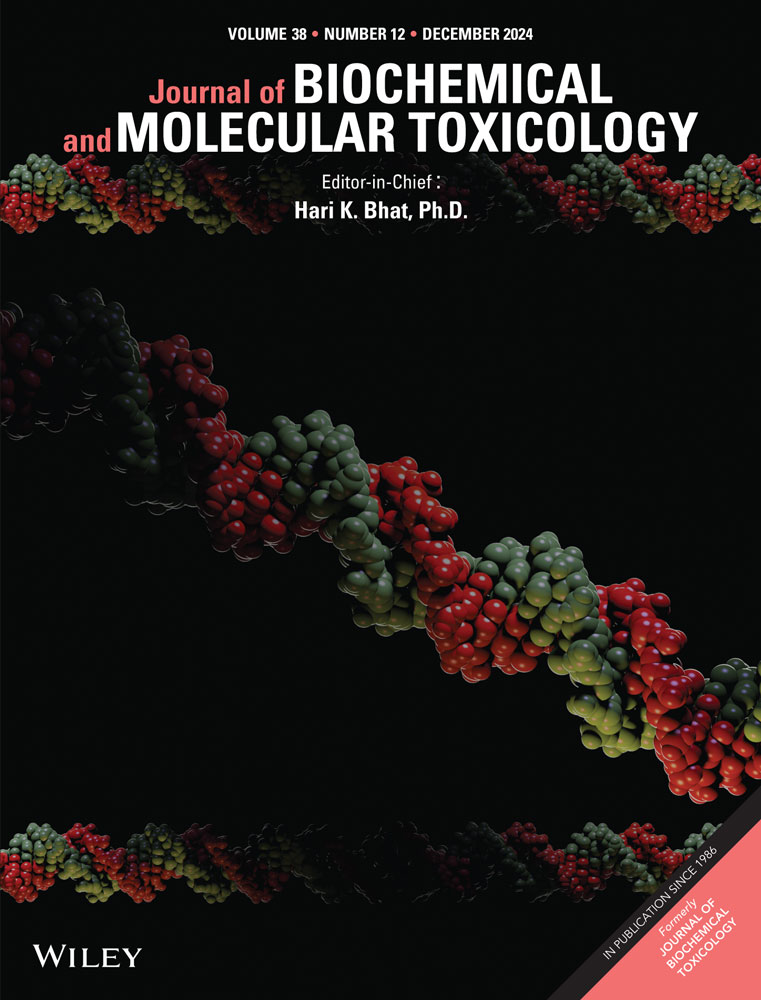雷公藤酚内酯通过诱导巨噬细胞毒性改善类风湿关节炎及其进展。
IF 3.2
3区 医学
Q2 BIOCHEMISTRY & MOLECULAR BIOLOGY
引用次数: 0
摘要
探讨雷公藤酚内酯(TRI)在抗类风湿性关节炎(RA)中的作用及机制。网络药理学分析结果表明,TRI与多种炎症相关信号蛋白有关,且具有稳定的结构构型。在动物实验中,TRI抑制小鼠RA,抑制组织炎症,改善滑膜损伤。此外,TRI可通过多种信号通路抑制RA,抑制焦亡是改善RA的可行治疗方法之一。本文章由计算机程序翻译,如有差异,请以英文原文为准。
Triptophenolide Improves Rheumatoid Arthritis and Progression by Inducing Macrophage Toxicity
To investigate the role and mechanism of triptophenolide (TRI) in resisting rheumatoid arthritis (RA). Network pharmacology analysis results suggested that TRI was related to multiple inflammation-related signaling proteins, and possessed the stable structural configuration. In animal experiments, TRI suppressed RA in mice, inhibited tissue inflammation, and improved synovial injury. Moreover, TRI can suppress RA via multiple signaling pathways, and inhibiting pyroptosis is one of the feasible treatments for improving RA.
求助全文
通过发布文献求助,成功后即可免费获取论文全文。
去求助
来源期刊
CiteScore
5.80
自引率
2.80%
发文量
277
审稿时长
6-12 weeks
期刊介绍:
The Journal of Biochemical and Molecular Toxicology is an international journal that contains original research papers, rapid communications, mini-reviews, and book reviews, all focusing on the molecular mechanisms of action and detoxication of exogenous and endogenous chemicals and toxic agents. The scope includes effects on the organism at all stages of development, on organ systems, tissues, and cells as well as on enzymes, receptors, hormones, and genes. The biochemical and molecular aspects of uptake, transport, storage, excretion, lactivation and detoxication of drugs, agricultural, industrial and environmental chemicals, natural products and food additives are all subjects suitable for publication. Of particular interest are aspects of molecular biology related to biochemical toxicology. These include studies of the expression of genes related to detoxication and activation enzymes, toxicants with modes of action involving effects on nucleic acids, gene expression and protein synthesis, and the toxicity of products derived from biotechnology.

 求助内容:
求助内容: 应助结果提醒方式:
应助结果提醒方式:


